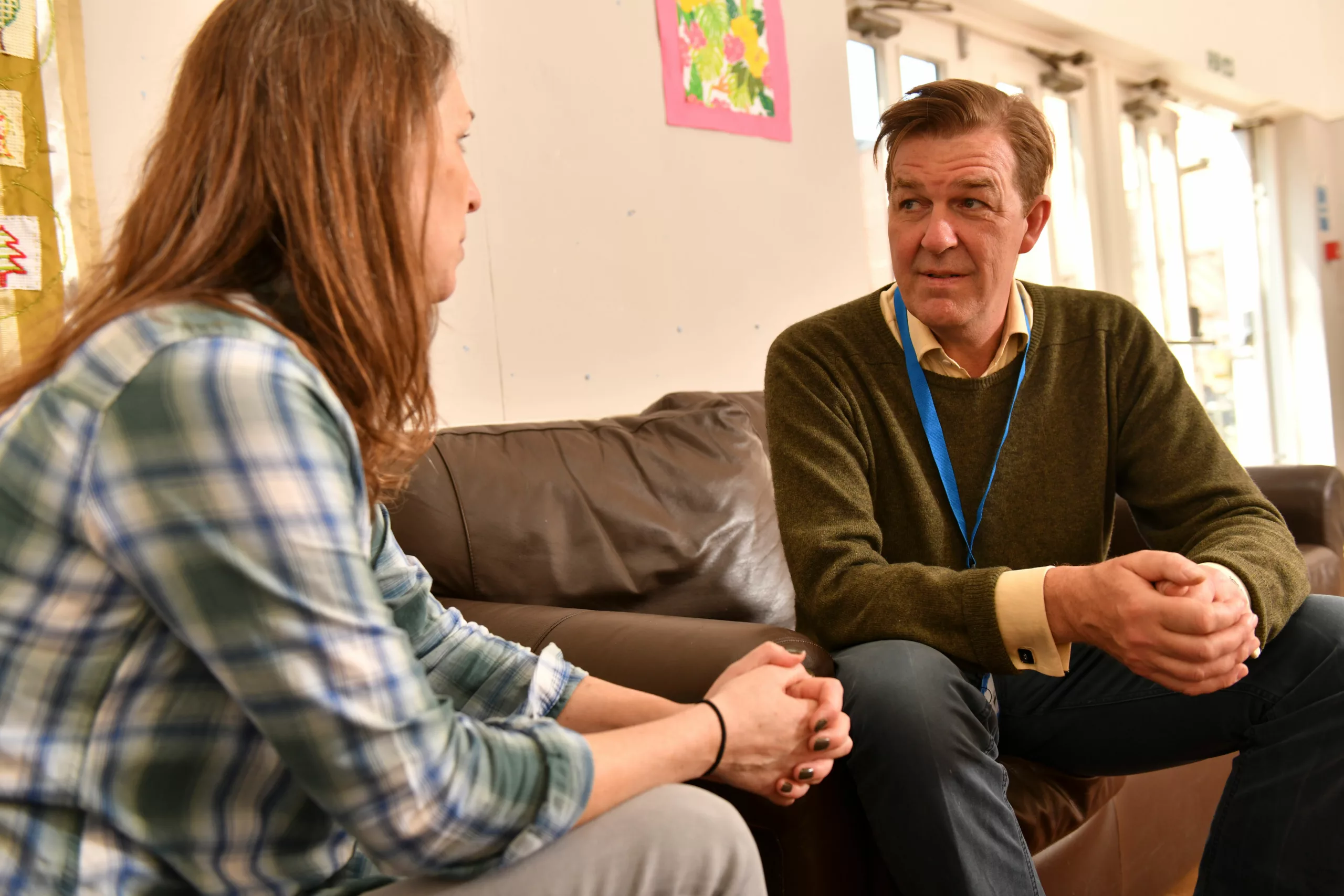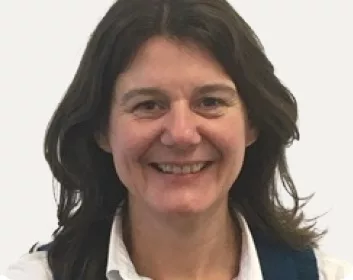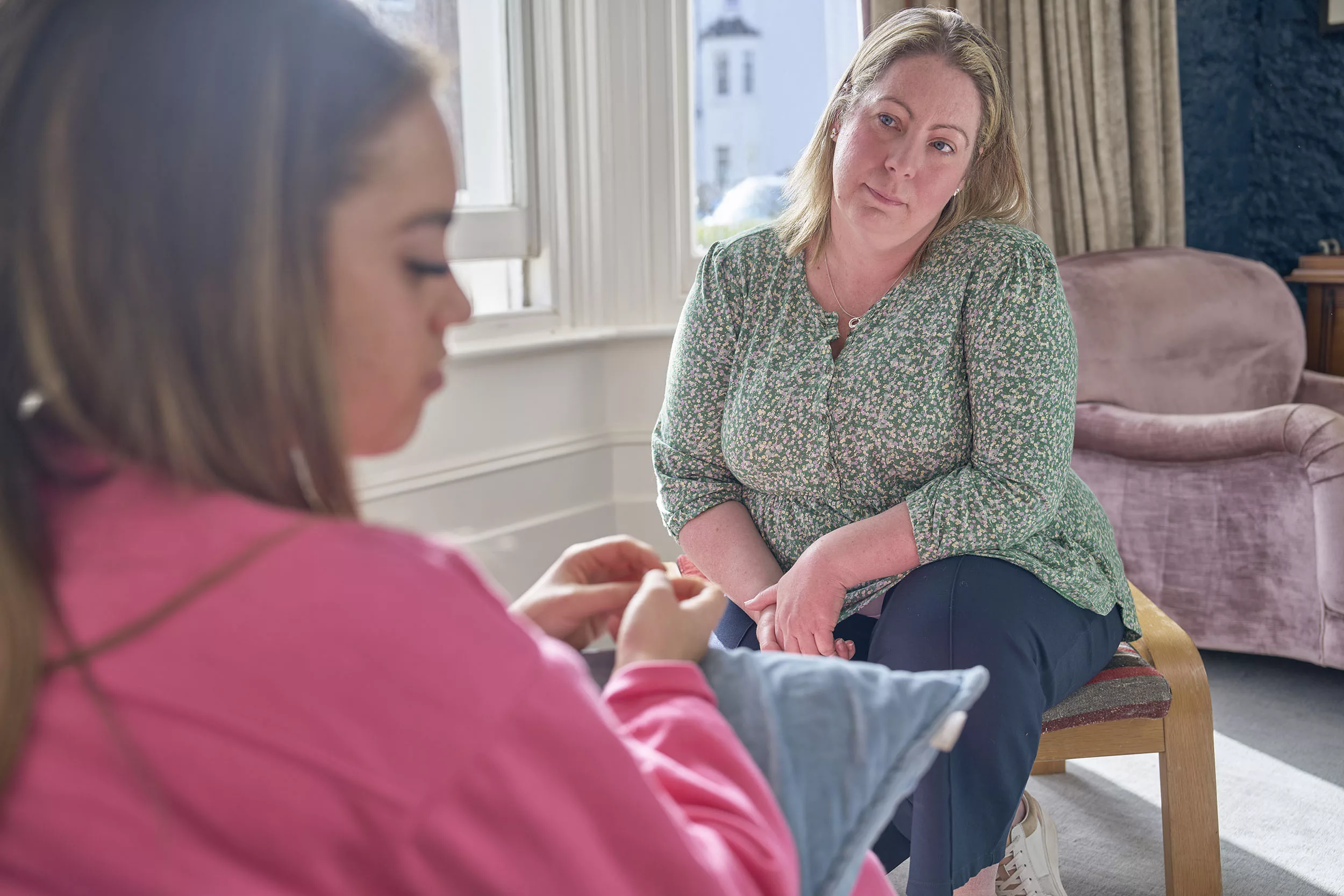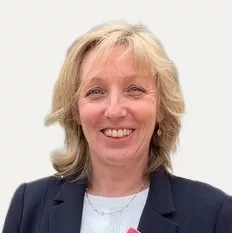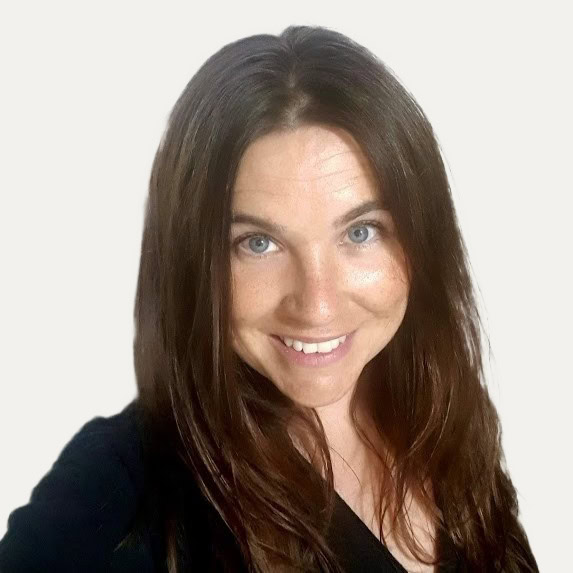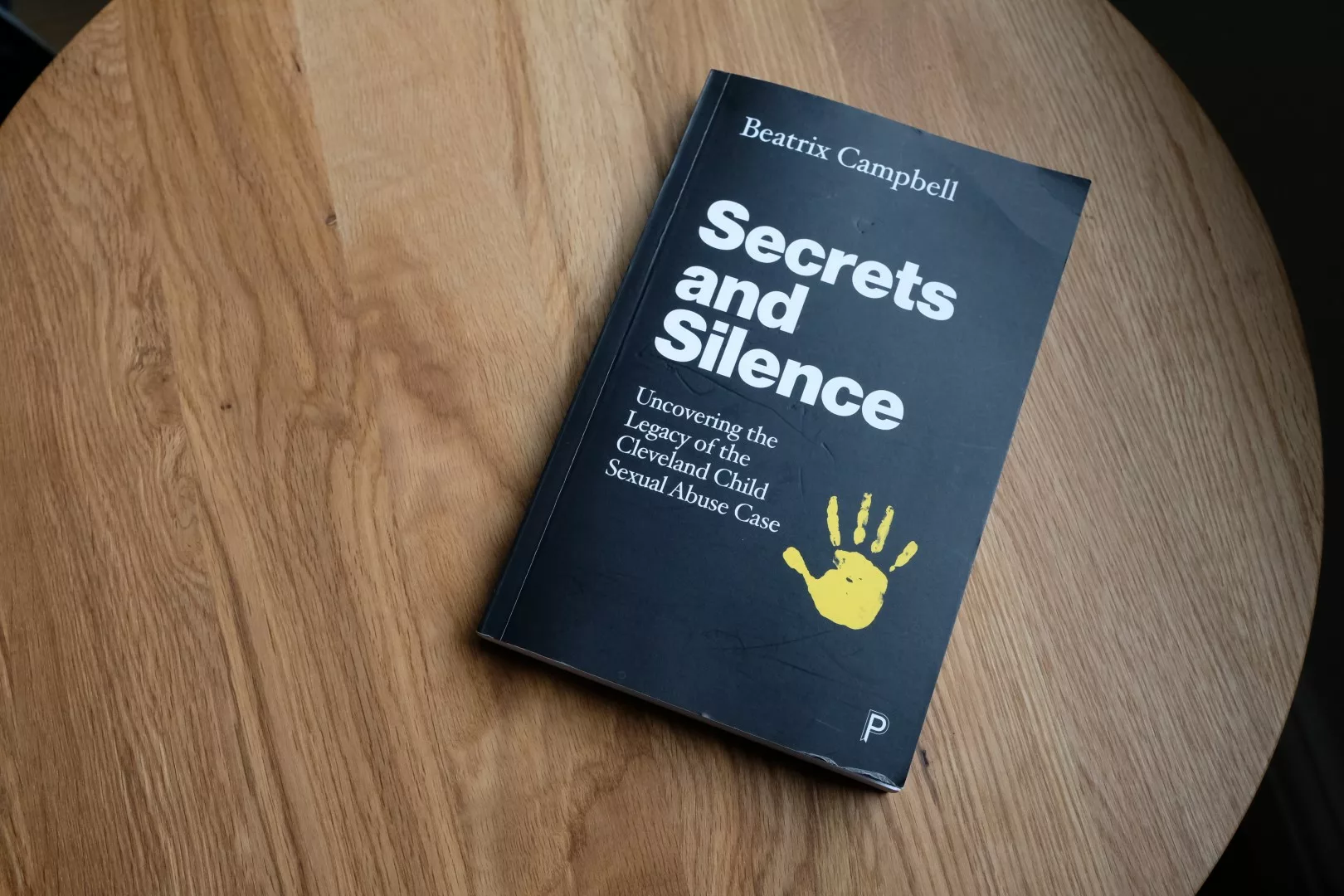Our Deputy Director for Knowledge and Practice Development highlights the importance of effective working with non-abusing parents and carers when there are concerns of intra-familial child sexual abuse.
Imagine for a minute how it would feel to receive a knock on the door from a police officer and social worker, who proceed to inform you that an allegation of sexual abuse has been made against someone close to you, a family member, your partner, a friend – someone you trust – would you believe it? What if the allegation was made by your son or daughter? Would you be able to think clearly enough to make some speedy decisions about what needed to happen next? I suspect not. More likely, you would be overwhelmed with feelings of shock, anger, confusion and disbelief.
Effective multi-agency working with non-abusing parents is absolutely key to the future welfare and safety of the child. Research indicates that feeling believed by your main care giver is one of the strongest mediators of the long term mental health issues caused by sexual abuse. This parent/caregiver will need to play a central role in protecting their children from the person of concern, implementing safety plans and managing risks; and, they will need to support their child with the immediate and longer term impacts of their abuse. These are hefty responsibilities for someone who is also coming to terms with the fact their child has been abused by someone they may have loved and trusted and is also likely to be experiencing other pressures as a result.
After the shock
The consequences of believing someone in your family has abused a child (either on or off line) can be enormous: shame, guilt, feelings of responsibility, an end of a relationship, the loss of a home or an income and loss of support. And fear – fear of losing your child or your partner, of a hostile response from friends and family, of what people will think of you, of loss of autonomy, of retribution from your partner. For many, it is not surprising that denial kicks in: a normal and functional defence that allows us to protect ourselves against something that is painful and distressing. As Still observes in her useful book on assessing and intervening with non-abusing parents, “It is not uncommon to see the mother in a state of confusion and ambivalence, swinging on a pendulum between believing the child completely one minute and not the next, or believing some but not all of it: ‘I can believed this, but I cannot believe that’.”
For those from Black, Asian and minoritised communities, or with English as a second language, or whose residence in this country is threatened, there may be additional and significant consequences for what has happened. Additionally, for those who have experienced sexual abuse themselves this process is likely to be even more complex, confusing and painful. And what if one of your children has abused the other/s?
Working effectively with non-abusing parents
For professionals to give the best opportunity to non-abusing parents to be able to fulfil the tasks of support and protection, every interaction should be in the context of building their strength and resilience, offering support and understanding through an empowering approach. The limited research that does exist indicates that non-abusing parents and carers often do not receive the necessary empathy, time, support or information to help. They can feel judged by professionals, ‘they must have known’ (while battling with their own guilt about what has happened).
We know that there are parents who sexually abuse their children, or who do not act protectively when they become aware of the abuse of their child, and this needs to be properly investigated. However, non-abusing parents are too often perceived to have been actively involved in the abuse. As Chaffin states “From a trauma processing perspective, features such as denial, unfocussed anger, minimisation of the problem and ambivalence toward both the alleged victim and abuser would be considered part of the course, rather than evidence of toxic parenting or deep seated psychopathology.”
Professionals have an important role in understanding non-abusing parents’ reactions, providing support to enable them to process what has happened and ensuring that children are safeguarded. Effective assessment is an important part of this. The safety of children is imperative and so even though denial is understandable, children still need to be safeguarded as soon as possible.
The CSA Centre’s work on effectiveness in services for children and young people who have been sexually abused identified that suitable services to non-abusing parents are essential to children’s safety and recovery. This built on earlier findings by the NSPCC which highlighted the importance of keeping children safe and well by working with non-abusing parents. When a child is sexually abused, we must first ask ourselves what that child needs, including their needs in the context of their family.
Facilitating necessary discussion
Sexual abuse can be hard to talk about even for professionals and so the likelihood of family members being able to talk about what has happened without being supported to do so, is low. As helping professionals we have the skills to talk about difficult matters and to help others do the same.
Professionals need to facilitate discussion, and therefore healing and recovery, between non-abusing parents and family members of a child who has been sexually abused. Sexual abuse thrives in secrecy, and in not doing so we risk colluding with this silence, and miss the opportunity to repair family relationships, and to address feelings of guilt, responsibility, anger, distress, jealousy, blame and torn loyalties which so often exist when a child is abused within the family. Just think how much useful intervention we could provide by giving the opportunity, for example, to a non-abusing parent to say they feel sorry to their child for what happened to them; to tell them that they didn’t know it was happening and if they did they would have intervened; to tell their child that what has happened as a result of their disclosure is not their fault but the fault of their abuser?
In my practice experience, so many survivors have spoken about the harm the abuse caused not just to them individually, but to every relationship within their family. As such, I believe we have a duty to use our skills and roles with families to attend to this integral part of their lives.
Resources
Educating families about the signs, indicators and impact of sexual abuse is equally as vital for prevention and effective response, and there are already some excellent online resources available for them, and the professionals supporting them.
- Parents protect has a wealth of guidance and resources for professionals and families, including a sexual abuse learning programme
- Stop it now support adults to play their part in prevention through providing sound information and educating members of the public. People who are worried about their own or someone else’s sexual behaviour can call their helpline too.
- The upstream project is a Scottish resource (though available and relevant to other areas) which offers tools and support on identifying, preventing and acting upon child sexual abuse. In terms of keeping children safe from harm on the internet.
- In terms of keeping children safe from harm on the internet Think u know offers advice to children, young people, parents/carers and professionals.
- We Stand (formerly Mosac) provides supportive services for non-abusing parents and carers whose children have been sexually abused.
Working with non-abusing parents will be a key consideration in the CSA Centre’s future work to develop useful resources and guidance to support professionals in working with children, young people and their families, whether or not their allegations of sexual abuse are proceeding through the criminal justice route.

